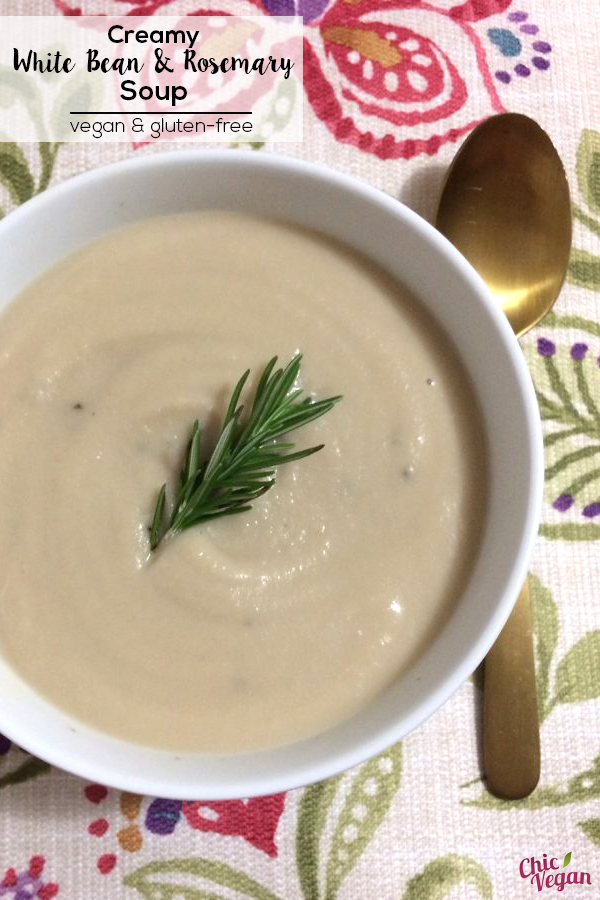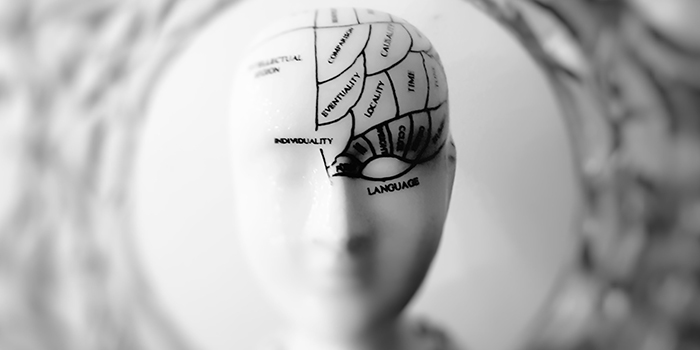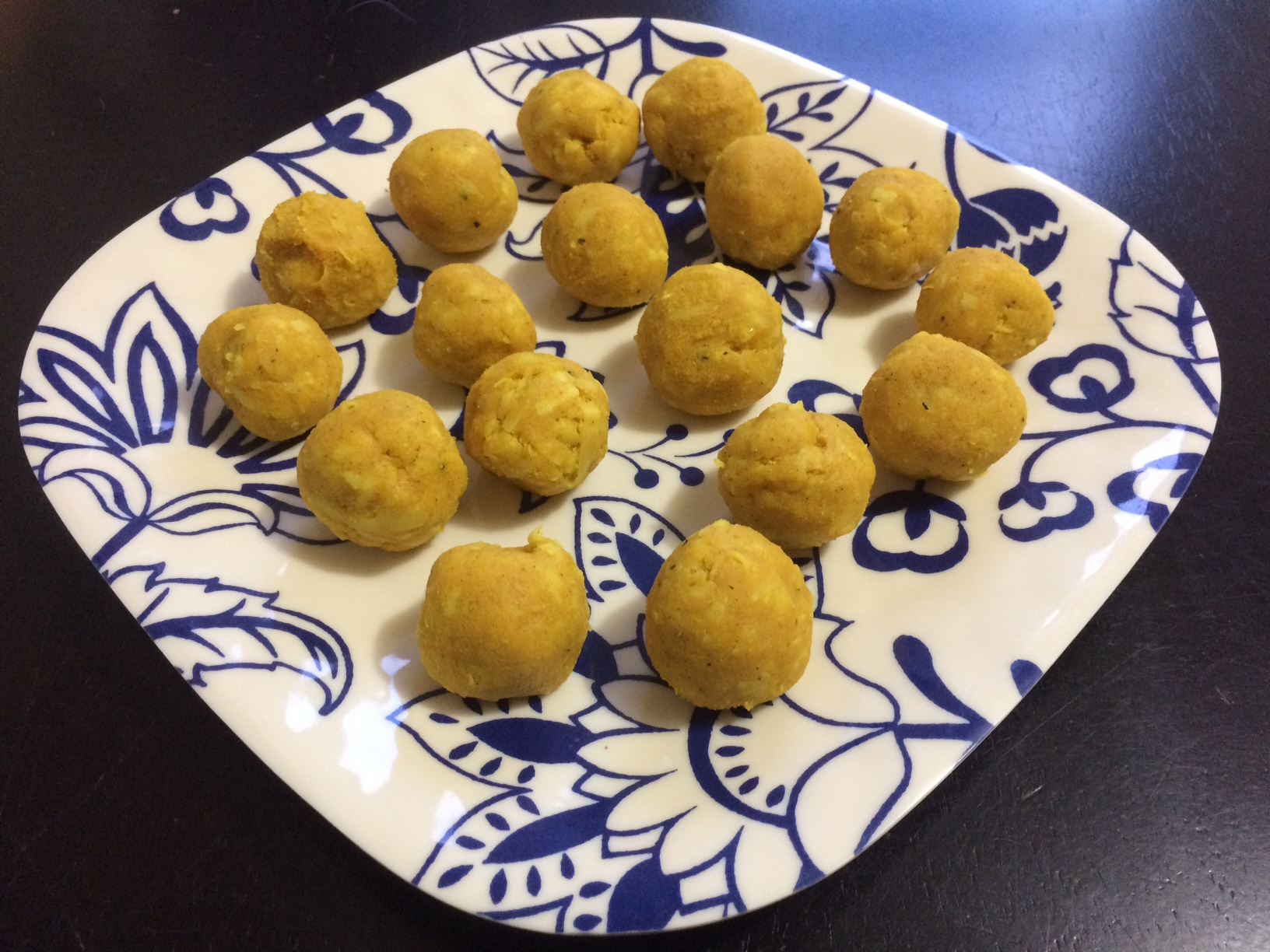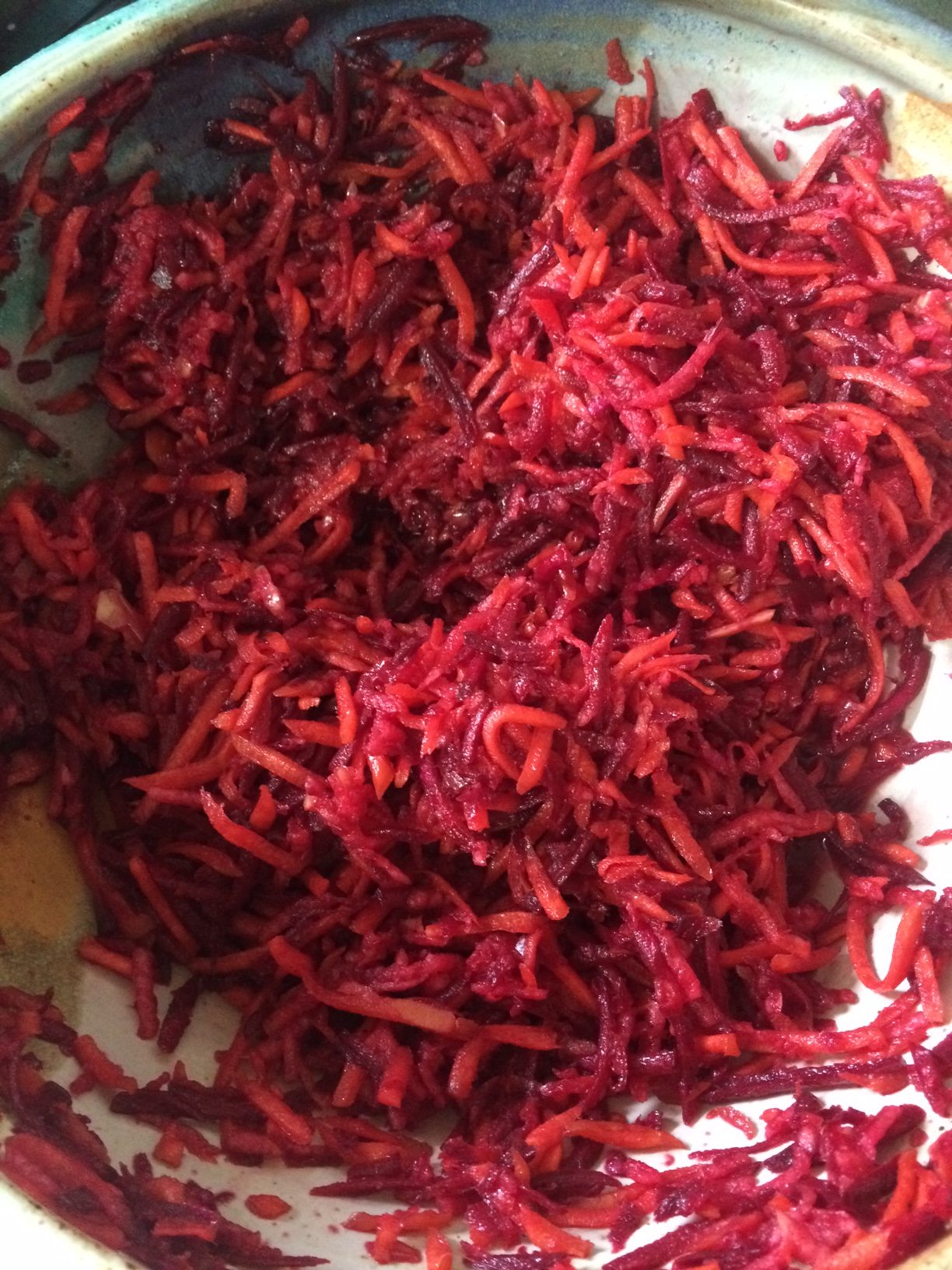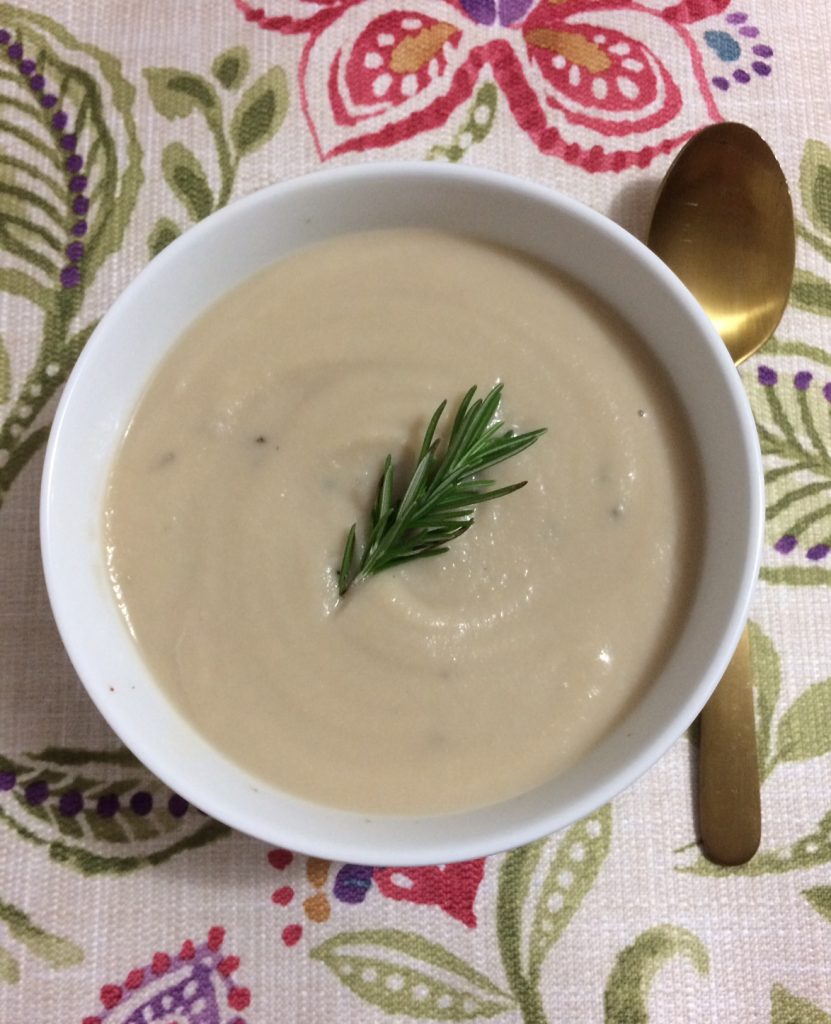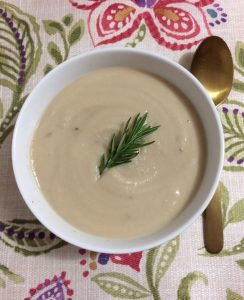Brain health is a concern for everyone, the choices that we make throughout our lifetime determine how we age and how our brain will function especially in later years. People with a family history of brain disorders like Alzheimer’s or Dementia should to pay particular attention to lifestyle choices and dietary habits. Photo by Epicurrence on Unsplash
Photo by Epicurrence on Unsplash
Dementia
Dementia is a general term for a disorder of the brain which can be characterized as memory loss and impairment of everyday function. There are several stages of the disease and progression can be slow or it can be very accelerated. People can be affected at any age but onset is generally noticed around the age of 65 and memory related problems can increase with age. According to the Alzheimer’s Association, 5.7 million Americans are currently living with Alzheimer’s. By 2050, this number is projected to rise to nearly 14 million! That’s some serious stuff! And the problem with the disease is that you don’t know if you’ll get it until it’s too late.
Numerous theories are proposed as to where dementia comes from. A single source has not been identified as the cause of the decline in cognitive function and findings based on research is unclear. Many experts believe a variety of damaging factors that can accumulate lead to brain health decline. (Bredesen)
 Photo by Jack Finnigan on Unsplash
Photo by Jack Finnigan on Unsplash
Luckily, the most promising treatment for Alzheimer’s and Dementia appears to be nutrition protocols, supplementation and positive lifestyle choices.
Several programs which have been developed recently by neurologists, have shown promise, most notably the ReCODE protocol. These protocols do recommend a mostly plant-based diet and healing through foods and the elimination of inflammation causing or damaging foods along with other lifestyle choices as well as supplementation (Bredesen) (Sherzai).
Just a few of these basic lifestyle choices for optimal brain health include:
- Exercise at minimum 5 days a week, 30 minutes a day. Be sure to get involved in activities that will make you sweat.
- Ensure a minimum 8 hours of restful sleep each night.
- Have a stress management routine in place including yoga or meditation.
- Work on brain training games daily and never stop learning.
- Maintain a strong social and family connections.
- Eliminate common sources of inflammation like gluten, dairy, meat, alcohol, sweets, pastries, processed and fried foods.
- Eat a diet abundant in plants with brain protective compounds including; beets, oranges, leafy greens, walnuts, blueberries, olives, lion’s mane mushrooms, herbs like rosemary, sage, saffron, ginger and turmeric and other foods rich in whole foods, plant based fats.
- Learn how to keep blood sugar in balance and prevent insulin spikes.
- Work with a knowledgeable natural health practitioner who can analyze your blood work and provide supplement recommendations. For prevention and treatment of Alzheimer’s it’s important to get vitamin levels into an “optimal” range.
- Drink abundant filtered water and consider a detox several times a year. Prevent toxins from entering your body by keeping a toxin free home and body care routine.
I recommend taking brain health seriously
If you notice forgetfulness in yourself or a family member, be sure to speak with a functional medicine specialist as it could be one of the early warning signs of the onset of dementia. Testing yourself for the APOE4 gene will also determine your risk factor and allow you to better plan and implement lifestyle changes. The earlier you follow a program that will help minimize your symptoms the better chance you will have at a lifetime of good memory. With a family history of dementia myself, I know declining brain health can be a scary reality but by empowering ourselves with knowledge you will learn that there is hope, and we don’t have to be resigned to a genetic fate. As Doctor Dale Bredesen says “Our genes load the gun but our lifestyle choices pull the trigger”.
- 1 onion, diced
- 3 cloves of garlic, finely diced
- 1 tablespoon olive oil
- Small head of cauliflower, broken into pieces
- 2 cans of white beans, rinsed and drained
- 2 cups veggie broth
- bay leaf
- 1 tablespoon fresh rosemary, chopped
- 1 teaspoon tamari
- Sauté garlic, onion in olive oil until translucent, about 5 minutes. Add cauliflower to a saucepan with 2- 3 tablespoons of water and steam on medium high heat until cauliflower is soft. Add one cup of veggie broth, allow to cool.
- Transfer just the cauliflower mixture to a high-speed blender, add the white beans. Process on high speed until fully blended and creamy. Add the final cup of veggie broth and blend until the mixture is fully mixed.
- Transfer the creamy mixture to soup pot.
- Add the bay leaf, rosemary and stir to combine. Warm on low heat for 5 minutes.
- Add the tamari, taste. Add more tamari, if desired.
- Be sure to remove the bay leaf and enjoy!
